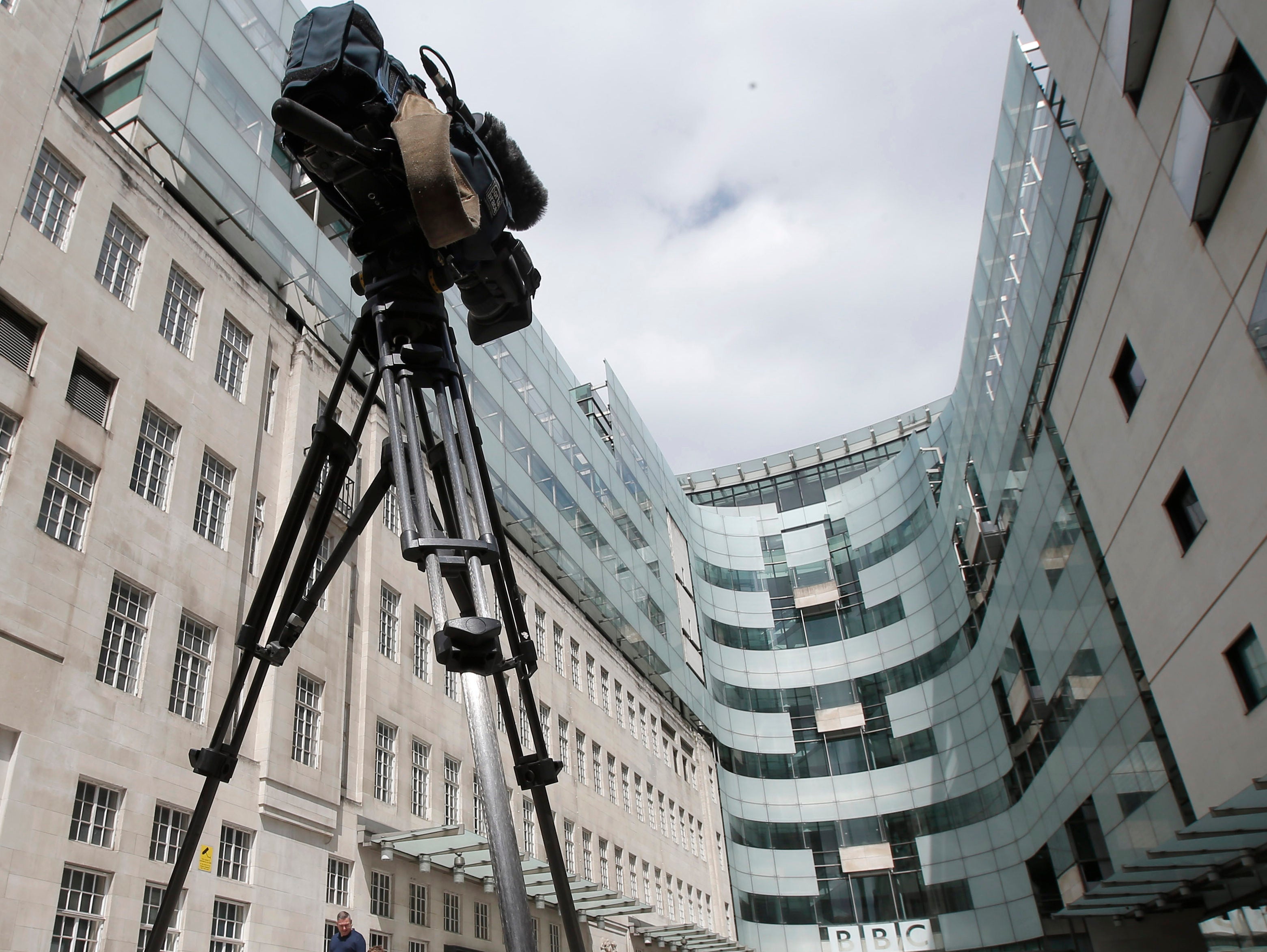
Head of BBC West and South West Stephanie Marshall writes about the importance of accurate and impartial news during the pandemic. This article first appeared in the Western Daily Press.
It was a shocking video that brought home the scale of the crisis we are facing: tanks rumbling down a London street as the Army stepped in to lockdown the capital.
Scary stuff. But just one problem – it wasn’t real.
The tanks weren’t British and the city wasn’t London. It was a video from somewhere else entirely, a hoax posted online which spread around the country faster than the virus itself.
It is fair to assume the video was uploaded to Twitter to cause panic. Instead, for me, it brought home the need for accurate and impartial news, particularly at a time like this.
Journalists in print, online, TV and radio have been working long hours in difficult circumstances to make sure cameras keep rolling and newspapers are filled.
There’s no doubt that social media is a fantastic tool. Without it I wouldn’t be able to video call my sons, have virtual meetings each day or keep abreast of the latest memes (I’ll leave it up to you which you think is the most important).
But it’s no replacement for rigorous journalism, which matters more now than ever.
Speaking in the Sunday Telegraph last weekend Culture Secretary Oliver Dowden said that “accurate, verifiable information about Covid 19 has never been more critical”.
He said that while our news media was fulfilling a “vital role ensuring people receive accurate and timely health advice”, on social media it was much easier for “fake news, hoax theories and pseudoscience” to proliferate.
And it’s not just tanks in London. Other fake news includes claims from a ‘hospital’ that gurgling water can cure coronavirus.
According to the Culture Secretary, the Government fake news team is dealing with 70 “false narratives” like these each week.
Journalists from across the board have had to rethink how they work.
This must be the first time that the Western Daily Press has been put together remotely – from spare bedrooms and dining room tables.
And arguably it has never been so important, at least not in peace time.
People have a huge appetite for news and information about Covid-19 and how it’s affecting the area.
BBC Points West, along with our other regional TV bulletins around the country, is seeing record audiences as people tune in to find out the latest local news.
Meanwhile, our local radio stations have streamlined their schedules, temporarily paring down the number of presenters to focus our resources on what’s most important right now: getting vital information to listeners and keeping those in isolation entertained.
Each of the 39 stations is carrying our Make a Difference campaign which gives half hourly updates on the coronavirus and the brilliant community action that’s taking place, while connecting local groups with those who need help.
Amazingly, over the past two weeks we’ve had more than 100,000 calls and texts to the Make a Difference phone line.
An example of how we can help is Danny, who was worried he would be evicted for not being able to pay his rent because of coronavirus. He called BBC Radio Bristol and with their advice was able to negotiate lower rent while the pandemic is going on.
At BBC Radio Devon, a frontline NHS worker called saying she needed a lift to work because her car had broken down. A local garage heard the plea, gave the worker a lift and fixed her car – all for free.
It’s been amazing to see so many people like this, everyday heroes helping each other.
The words “unprecedented” and “never before” are being thrown around like, well, never before.
These are difficult times for everyone but we will make sure that each day we are giving you the accurate and impartial news that you need.
The above article has been edited slightly from its original version.
Picture: Reuters/Peter Nicholls
Email pged@pressgazette.co.uk to point out mistakes, provide story tips or send in a letter for publication on our "Letters Page" blog
